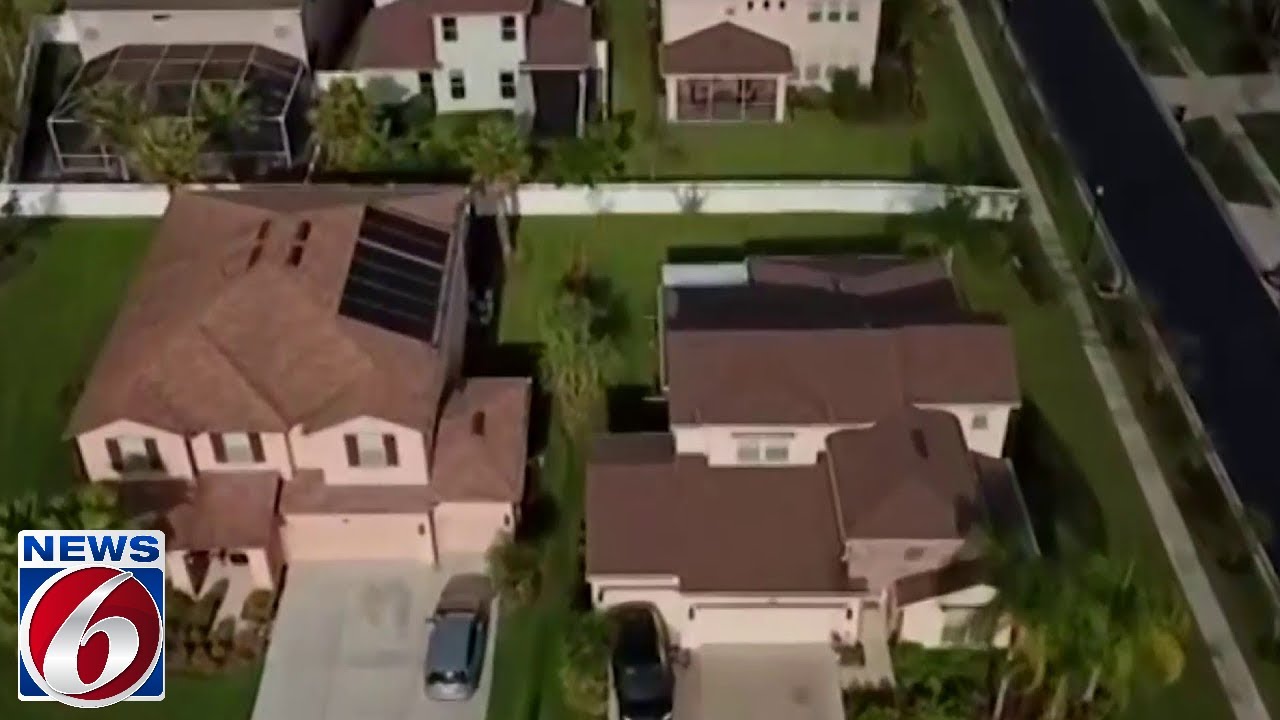Last year, Progressive made an announcement that caught many homeowners in Florida by surprise. They revealed their decision not to renew certain homeowners’ insurance policies in the state. The reason behind this move was to “rebalance their exposure.” Non-renewal notices have already started arriving, leaving policyholders uncertain about their coverage.
The Impact on Policyholders
Affected policyholders received letters stating the expiration of their policies due to a reduction in Progressive’s hurricane exposure. The notices urged policyholders to contact their agents to find replacement coverage. Understandably, many homeowners were shocked and concerned about the implications of this decision. Ira Kasdan, one of the affected policyholders, expressed his dismay, saying, “There may be a time where as much as we love Florida, we may not be able to stay here.”
Citizens Insurance and the Depopulation Program
While Progressive’s non-renewal drew attention, there have been significant developments in Florida’s insurance landscape. Citizens Insurance, considered the state’s insurer of last resort, recently reported a decrease in policies. The company implemented a “depopulation” program aimed at reducing the number of policies under its coverage. Six private insurance companies received regulatory approval to take over policies from Citizens, contributing to the program’s success.
Progressive’s Decision and its Context
Progressive’s choice to reduce its presence in Florida is not an isolated incident. Private insurers have been facing financial difficulties, leading to customer releases and rate increases. Citizens Insurance, originally established as a safety net insurer, has become the state’s largest property insurer as a consequence. The growth of the depopulation program signifies a shift toward relying more on private insurers for coverage.
Understanding the Scope of the Non-Renewals
While exact figures were not disclosed by Progressive, the Insurance Information Institute (Triple-I) estimates that approximately 100,000 policyholders would be affected by the non-renewals. This equates to about 50% of the insurer’s policies in the state at that time. The impact will be felt by 47,000 DP3 policies, typically covering second homes, and 53,000 policies for high-risk properties.
The Future of Progressive in Florida
Progressive reassured policyholders that they have no plans to abandon Florida completely. The company emphasized that Florida remains an important market for its Progressive Home business. They have been working closely with state officials and the Florida Office of Insurance Regulation to implement changes that allow them to rebalance their exposure while continuing to serve Florida homeowners.
FAQs
1. Will Progressive continue to provide homeowners’ insurance in Florida?
Yes, Progressive has stated that they have no plans to exit the Florida market entirely. They remain committed to serving Florida homeowners and have been working collaboratively with state officials to address their exposure concerns.
2. How many policyholders are affected by Progressive’s non-renewals?
Approximately 100,000 policyholders are estimated to be affected by Progressive’s non-renewal notices. This represents about 50% of the insurer’s policies in Florida.
3. What should policyholders do if their Progressive policy is not renewed?
Policyholders should contact their agents to explore alternative coverage options. It is essential to secure replacement coverage to ensure the protection of their homes and belongings.
Conclusion
Progressive’s non-renewal notices in Florida have raised concerns among homeowners in the state. As the insurance landscape evolves and insurers adjust their strategies, policyholders must stay informed and proactive in finding suitable replacement coverage. Collaborating with agents and exploring alternative insurance options will help ensure the continued protection of their homes in the face of natural disasters and extreme weather events.







